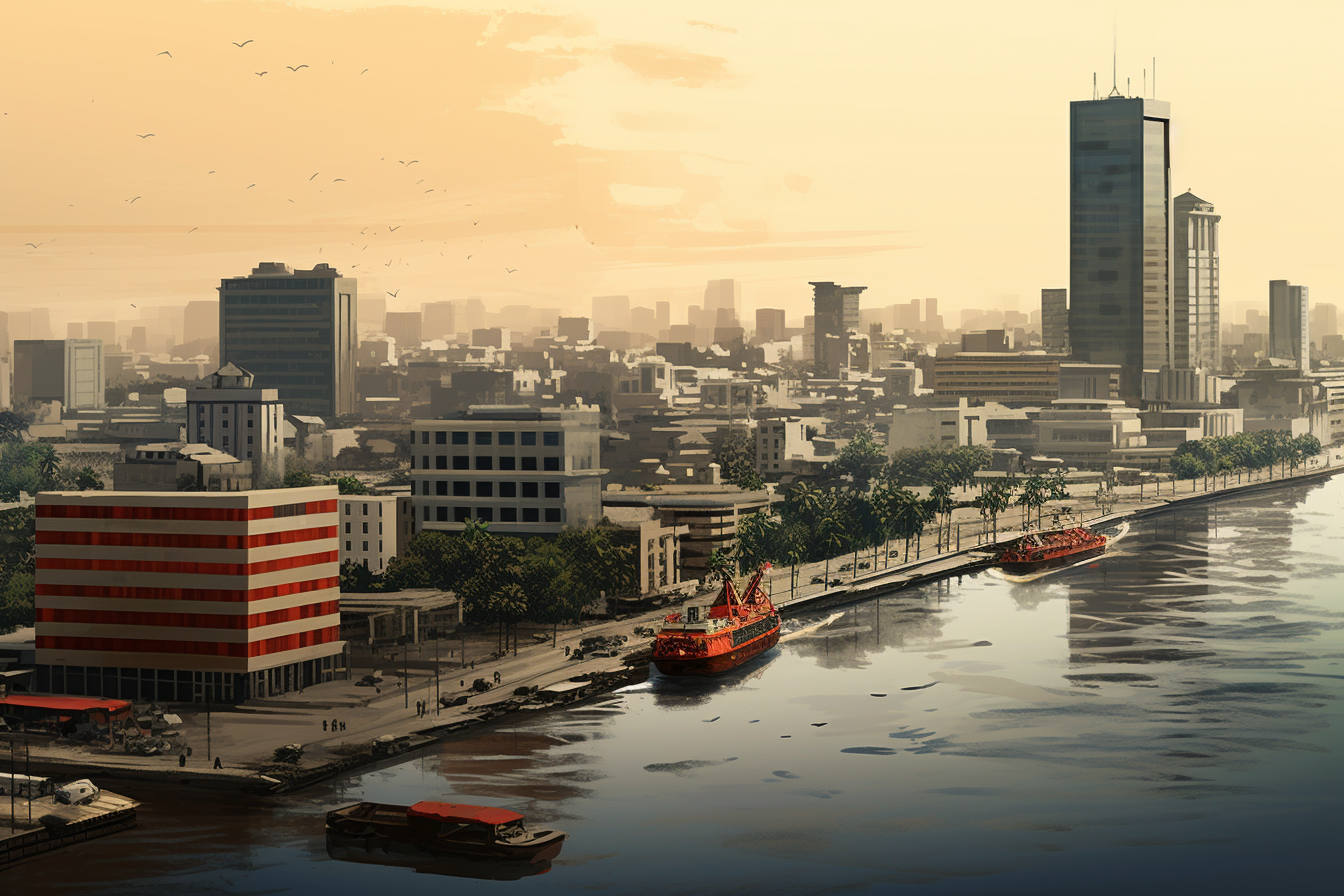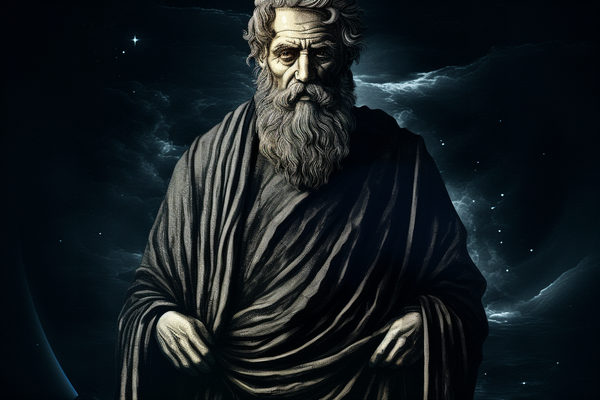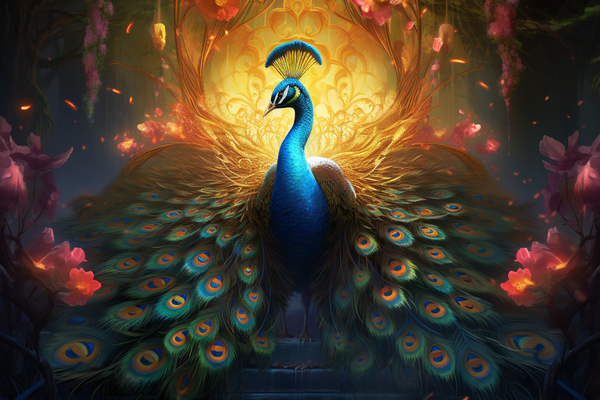A Timeline of Congo

Early Inhabitants and Kingdoms (Pre-15th Century)
The region was originally inhabited by Pygmy peoples, who were later displaced and absorbed by incoming Bantu-speaking groups. The Bantu established various kingdoms, such as the Kongo and Teke. The Kingdom of Kongo, for example, had a complex political and social structure, including a centralized monarchy.
European Contact and Slave Trade (15th Century - 19th Century)
Portuguese explorers arrived in the late 15th century, initiating a period of trade and cultural exchange. The slave trade soon became a devastating force, leading to social upheaval and revolts, such as the one led by Kimpa Vita in the Kingdom of Kongo, who sought to restore the kingdom's unity.
French Colonisation (1880 - 1960)
Pierre Savorgnan de Brazza, a French explorer, signed treaties with local chiefs, leading to French colonisation. Congo became part of French Equatorial Africa in 1910. Forced labour and resource exploitation were widespread.
Independence and Political Instability (1960 - 1970)
Congo gained independence from France on August 15, 1960. The country experienced political instability, with multiple coups and changes in government.
Marxist-Leninist State (1970 - 1991)
Captain Marien Ngouabi led a coup and declared Congo to be a Marxist-Leninist state in 1970. He was assassinated in 1977. The socialist orientation led to economic decline and suppression of political freedoms.
Multi-Party Democracy and Civil Wars (1991 - 2000s)
The end of the Cold War led to the introduction of multi-party democracy in 1991. However, the country descended into civil wars in 1997 and 1998, fuelled by ethnic tensions and political rivalries.
Oil Economy and Development Challenges (2000s - Present)
Congo is one of sub-Saharan Africa's significant oil producers, but the wealth has not translated into broad-based development. The country faces challenges such as corruption, poverty, and inadequate infrastructure.





